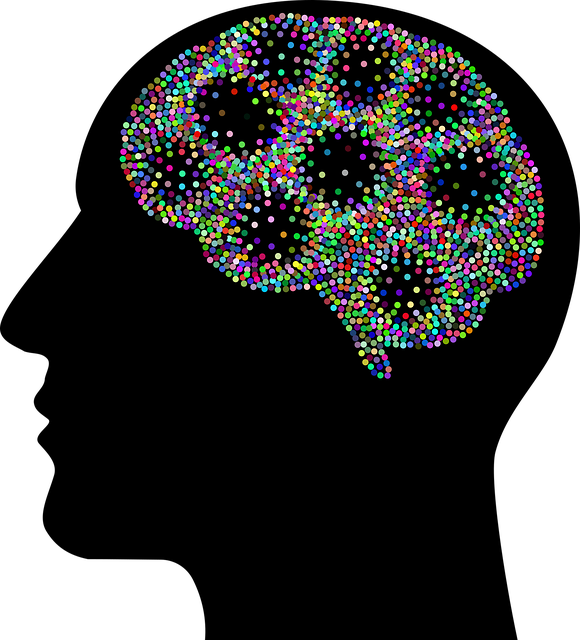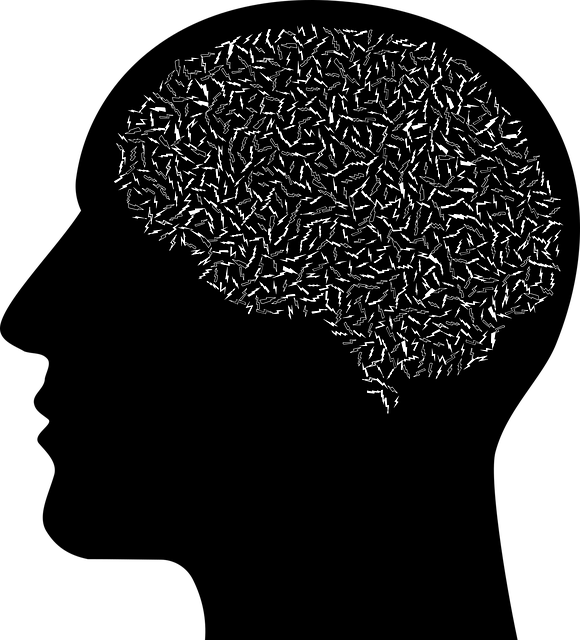Mental illness representation in media significantly impacts public perceptions, with accurate portrayals reducing stigma and promoting empathy, while inaccurate ones can lead to further isolation. Wheat Ridge Codependency Therapy (WRCT) uses Mind Over Matter principles and Emotional Well-being Promotion Techniques to empower individuals through media influence, aiming for a more accepting society for mental health struggles, including codependency. WRCT offers holistic CBT-based therapy, mindfulness practices, and journaling exercises to improve self-esteem and resilience. By engaging in these sessions, clients challenge negative thought processes and develop healthier coping mechanisms, fostering better mental well-being.
In today’s media landscape, accurate representation of mental illness is crucial. This article delves into the challenges and offers solutions to combat stigmatization and stereotypes prevalent in popular culture. We explore the profound impact of media portrayal on societal perceptions and propose strategies for more compassionate and realistic depictions.
A case study highlighting the success of Wheat Ridge Codependency Therapy demonstrates a promising approach to addressing mental health issues. By examining these strategies, we aim to foster a more understanding and supportive environment, mirroring the positive change achievable through specialized therapy like Wheat Ridge Codependency Therapy.
- Understanding Mental Illness Representation in Media
- The Impact of Stigmatization and Stereotypes
- Strategies for More Accurate and Compassionate Portrayals
- Wheat Ridge Codependency Therapy: A Case Study in Positive Change
Understanding Mental Illness Representation in Media

Mental illness representation in media plays a pivotal role in shaping public understanding and perception. It’s crucial to recognize that media outlets have the power to either perpetuate harmful stereotypes or foster empathy and awareness. Accurate and nuanced portrayal of mental health issues can lead to reduced stigma, improved access to support systems, and better understanding from the general public. Conversely, inaccurate or exaggerated depictions can contribute to further isolation and discrimination for individuals grappling with these challenges, potentially hindering their chances at recovery and reintegration into society.
At Wheat Ridge Codependency Therapy, we believe in harnessing the power of media representation to promote positive change. By leveraging Mind Over Matter principles and employing Emotional Well-being Promotion Techniques, our therapy sessions help individuals navigate complex emotions, resolve conflicts within themselves, and develop healthy coping mechanisms. We understand that addressing mental illness in media isn’t just about changing stories; it’s about using storytelling as a tool to foster understanding, encourage support, and ultimately, make the world a more accepting place for everyone struggling with mental health issues.
The Impact of Stigmatization and Stereotypes

The representation of mental illness in media has long been a topic of debate, as it significantly influences public perception and can either perpetuate harmful stereotypes or foster understanding and empathy. When depicted poorly, individuals struggling with mental health issues are often reduced to simplistic caricatures, reinforcing stigmatizing attitudes that hinder those seeking help. This is particularly problematic for conditions like codependency, where media portrayals often miss the complex interplay of emotions, relationships, and personal growth involved in recovery.
Stigmatization can deter people from discussing their experiences openly, leading them to isolate themselves further. It also perpetuates the idea that mental illness is a sign of weakness or personal failure, which can discourage individuals from seeking professional help, such as that offered at Wheat Ridge Codependency Therapy. However, media representations that encourage empathy-building strategies and promote self-awareness exercises for mental health can contribute to a more supportive societal atmosphere, enabling better mood management and overall well-being.
Strategies for More Accurate and Compassionate Portrayals

To foster more accurate and compassionate representations of mental illness in media, several strategies can be employed. One key approach is to consult with mental health professionals and individuals living with various conditions during the creative process. This ensures stories are told from authentic perspectives, avoiding stereotypes and misconceptions. Additionally, encouraging diverse storytelling voices can lead to richer, more nuanced portrayals.
Incorporating practices like mindfulness meditation into scriptwriting workshops may help writers empathize with characters’ experiences. This, in turn, could result in more profound and respectful depictions of mental health struggles. Furthermore, analyzing existing mental health policies through a media lens can reveal areas for improvement in how these issues are addressed on screen. Even risk assessment for mental health professionals working in entertainment media is essential to ensure the well-being of cast and crew while promoting responsible storytelling.
Wheat Ridge Codependency Therapy: A Case Study in Positive Change

Wheat Ridge Codependency Therapy (WRCT) is a pioneering approach that has gained recognition for its transformative power in addressing codependency and promoting mental wellness. This therapy model focuses on empowering individuals to break free from unhealthy relationships and behaviors, fostering self-esteem improvement and building resilience. Through individualized counseling sessions, WRCT guides clients towards a journey of self-discovery and personal growth.
The program incorporates various techniques, including Cognitive Behavioral Therapy (CBT), mindfulness practices, and Mental Wellness Journaling Exercises. These tools help participants gain insights into their codependent patterns, challenge negative thought processes, and develop healthier coping mechanisms. By combining therapy sessions with practical exercises, WRCT offers a holistic solution, encouraging clients to take an active role in their recovery. This case study exemplifies how dedicated programs can positively impact lives, offering a glimmer of hope for those navigating the complexities of codependency.
In conclusion, mental illness representation in media has a profound impact on societal perceptions and individual well-being. By understanding the harm caused by stigmatization and stereotypes, we can actively seek out and support more accurate and compassionate portrayals. The case study of Wheat Ridge Codependency Therapy demonstrates that when media portrays mental health challenges with sensitivity and nuance, it fosters empathy and reduces stigma. It is through these collective efforts that we can create a more inclusive and understanding society for those living with mental illness.













